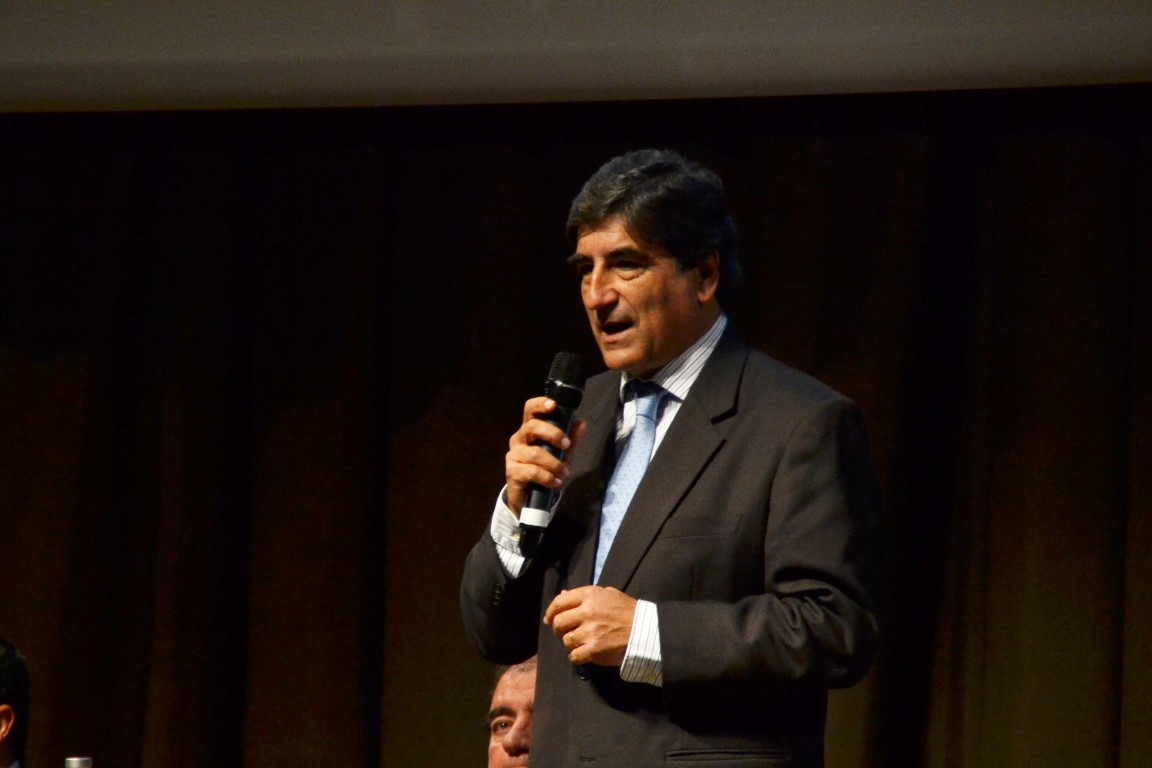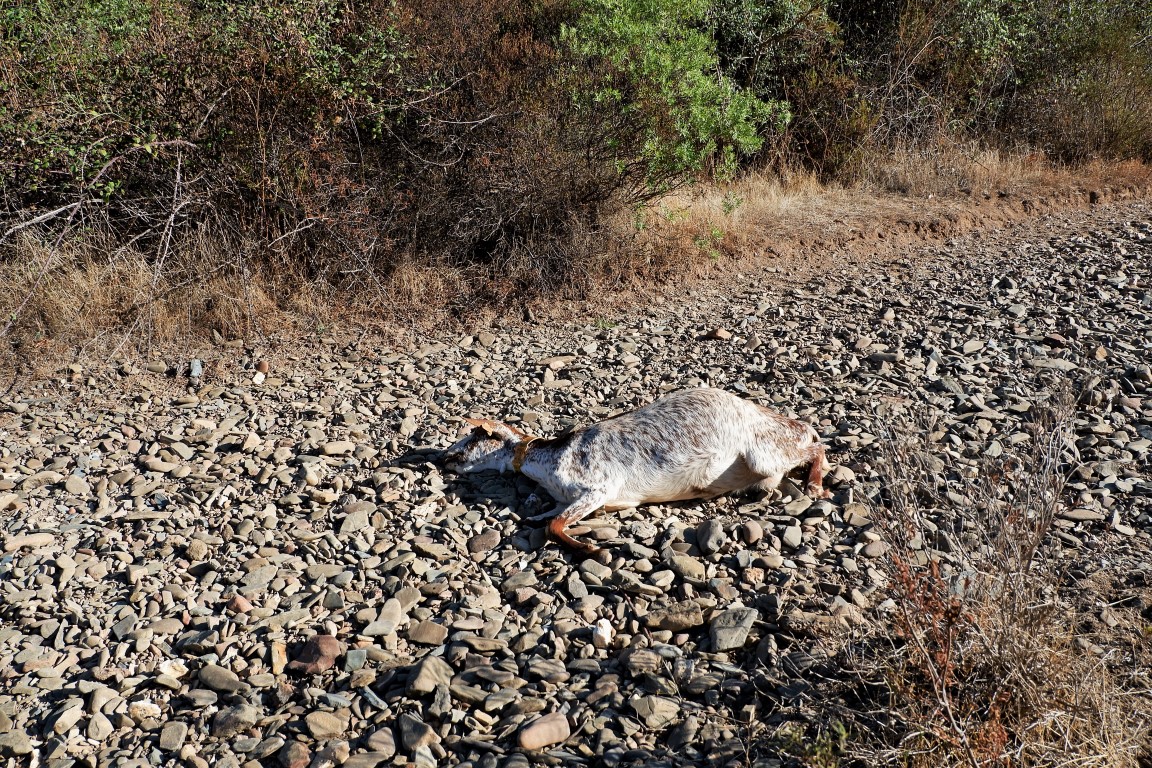 The rain that has been falling in recent days “does not solve the serious problem we have” of drought. Carlos Martins, Secretary of State for the Environment, looks favorably at the weather conditions in recent days, but says it is necessary that it rains more and for longer, to allow the water to infiltrate underground aquifers.
The rain that has been falling in recent days “does not solve the serious problem we have” of drought. Carlos Martins, Secretary of State for the Environment, looks favorably at the weather conditions in recent days, but says it is necessary that it rains more and for longer, to allow the water to infiltrate underground aquifers.
The government official, on the sidelines of the opening session of the Water Challenges meeting, which is taking place in Albufeira, says he is «satisfied with the climatic conditions, in particular if the rain falls where the scarcity is greatest, that is, in the south of the Tagus and in Trás-os-Montes».
However, “our concern goes beyond what is more easily perceived by citizens, when they look at a reservoir with little water. We have another, more serious problem, especially in villages with public water supply from underground water. From Minho to the Algarve, the scarcity [of groundwater] is almost total. The entire territory is in one of the most serious situations in history, since there is control and records of groundwater», explains Carlos Martins.
 The rain of the last few days «will be accommodated in the reservoirs, but it will take much longer to pass through the soil layers. There, the speed is very low and it will take a long time until the groundwater is replenished».
The rain of the last few days «will be accommodated in the reservoirs, but it will take much longer to pass through the soil layers. There, the speed is very low and it will take a long time until the groundwater is replenished».
Therefore, Carlos Martins expects an ideal scenario of «rainfall for a long time, so that aquifers can be recharged».
The Secretary of State does not want to anticipate the scenario of lack of water in taps in houses supplied by underground water in the summer, because “the idea is reliable. Starting in May, in the period when there is traditionally less rainfall, we will take stock. Until then, in human consumption, there will be no problems. If there is, it will be more on the agricultural side».
For Carlos Martins, even more than rain, “what can help next summer is if agents and users make a more conscious use of water. Although consumption in our homes represents 10% of national consumption, there must be a work to moderate consumption. Then also in agriculture, which represents 80% of national consumption, and in industry, also 10%, it must be used efficiently. If this attitude is assumed by everyone, it will be the most appropriate behavior to overcome next summer», he concludes.
In fact, according to the data from the National Water Resources Information Service, at this time the dams at national level, and particularly in the Algarve, have less water now than they had at the same time last year.
The data for the month of February, which are the most recent, indicate that the Odelouca Dam, the most important in the region for public supply, had only 32% of its water capacity, while in the same month of 2017, already experiencing a In a drought situation, this reservoir stored 56,5%.
The neighboring Barragem do Funcho, intended only for irrigation, last February was more composed, with 63,7%, but still much lower than the 72,6% in 2017.
The SNIRH Reservoir Storage Report in Mainland Portugal indicates that, on the last day of February 2018 and compared to the last day of the previous month, there was a decrease in the volume stored in nine river basins and an increase in only three .
The February 2018 storages by river basin are lower than the February storage averages (1990/91 to 2016/17), adds the same bulletin.


















Comments